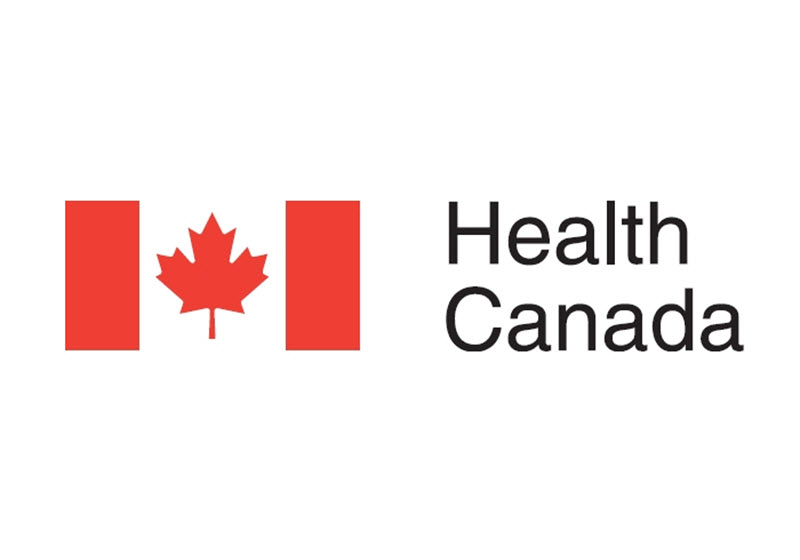The Pest Management Regulatory Agency (PMRA) has approved new pesticides for use in Canada on May 16, 2023.
Health Canada's Pest Management Regulatory Agency (PMRA), under the authority of the Pest Control Products Act, is granting registration for the sale and use of Rinskor Active, Milestone NXT Herbicide, Restore NXT Herbicide, GF-3206 Herbicide, GF-3301 Aquatic Herbicide and ProcellaCOR FX Herbicide, containing the technical grade active ingredient florpyrauxifen-benzyl, for weed management in hazelnut and non-agricultural/industrial vegetation management including many invasive species, as well as for aquatic vegetation management to control invasive plants both in and around water.
A group called EcoJustice objected to the approval of the pesticides on a number of basis. PMRA addressed each of the objections and concerns when publishing the approval.
The relevant confidential test data on which the decision is based (as referenced in PRD2022-17) are available for public inspection, upon application, in the PMRA's Reading Room. For more information, please contact the PMRA's Pest Management Information Service.
Any person may file a notice of objection regarding the registration decision within 60 days from the date of publication. For more information regarding the basis for objecting (which must be based on scientific grounds), please refer to the Pesticides section of the Canada.ca website (Request a Reconsideration of Decision) or contact the Pest Management Information Service.
Under the authority of the Pest Control Products Act, pesticides must be assessed before they are sold or used in Canada to determine that they do not pose unacceptable risks to humans or the environment and have value when used according to the label instructions. The pre-market assessment considers available data and information from pesticide registrants, published scientific reports, other governments, and international regulatory agencies, as well as comments if received during public consultations. Health Canada applies internationally accepted current risk assessment methods as well as risk management approaches and policies.
Related Articles
- Canadian Foodgrains Bank and Viterra fighting against hunger Canadian Foodgrains Bank, together with Viterra and its volunteer farmers, marks the eighth year of their joint efforts to tackle global hunger, utilizing farmland across Saskatchewan and Alberta. As reported on F...
- Green boost - pulp mill waste transforms soil health and cuts emissions University of Alberta study reveals pulp mill waste enhances soil fertility and reduces greenhouse gases. Over two years, researchers experimented with hybrid poplar tree plantations in northern Alberta, discoveri...
- Potential El Niño Impact on 2024 Following three consecutive years of La Niña, the El Niño-Southern Oscillation (ENSO) is currently in the El Niño phase, according to NOAA. The ongoing El Niño is forecast to be an intense event, reaching its maxi...
- Will South American crops survive? Even with the flag of Brazil covered in soybeans, the dryness experienced within the Amazon rainforest is having a negative affect on the country’s corn and soy yield. By Colin McNaughton, Farms.com Risk Managemen...
- Canada launches $12M methane reduction challenge Agriculture and Agri-Food Canada introduces a challenge to reduce methane emissions in cattle farming. Agriculture and Agri-Food Canada has announced the Agricultural Methane Reduction Challenge. This initiative, ...
 How to resolve AdBlock issue?
How to resolve AdBlock issue? 


Join the discussion...
You must be logged in as a CAAR member to comment.
Report
My comments